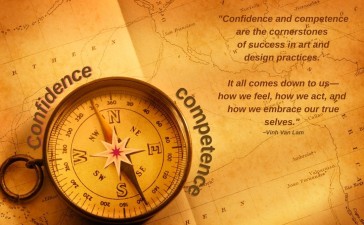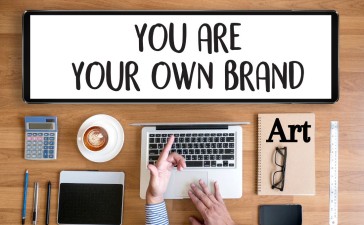Being busy doesn’t always mean being productive. The two are different, just as working smarter differs from working harder. You can get busy yet end the day without output, but you achieve more tasks with better quality when you get productive.
If only we could sit down and get into it immediately, then everything would be better. But it doesn’t work that way most of the time. At certain times, we need real motivation and energy to get us going aside from coffee.
The key is to work smarter, tapping on your creative side or following effective techniques from the people who have conquered their daily workload cleverly. Working smarter can greatly save your energy, make you feel more valuable, and improve your motivation and self-esteem.
Establish a routine
A routine can be anywhere from morning habits to schedules of working on a task. Creating a habit can automatically make you think about working on a task since you’ve gotten yourself used to it.
Start your morning with a habit, like taking a shower, a short walk, or reading a book in front of your desk before you work on anything. You might also want to add mediation to your daily morning routine to alleviate your stress and anxiety.
After everything, it’s better to create a closing routine just as you have established one for the morning. It might include you listing your top three to five major tasks for the next day or uncluttering your desk before leaving.
Never multitask
If you think you’re good at multitasking, you’re just good at rapidly switching from one task to another. It’s a myth claiming that people can multitask if they just will it. The truth is, only 2.5% of people can multitask, doing two or more things while pouring out their mental energy to both at the same time.
Most people are wired to be mono taskers. When you multitask, you become more prone to errors instead, especially when both tasks are complex and demanding of real concentration.
Multitasking can be counterproductive. The more you do it, the less you can actually finish those tasks. You might not be aware of it, but slowly, you’re losing your ability to focus enough. Doing so may just put your mental health at risk.
Multitasking can lead to a loss of mindfulness altogether, which can take a toll on your mentality. Therapies are even based on mindfulness to help many patients suffering from anxiety, depression, and various other conditions, so keep your sanity by stopping multitasking and focus on one task at hand.
Base it on your energy levels
There’s a reason you feel like procrastinating. That’s because your energy levels spike up at different hours based on your circadian rhythm. At times you feel tired and lazy, that’s the time your circadian isn’t yet at its peak.
This means giving in to procrastination for a short while can do you good. It’s not counterproductive. You can work it out to your advantage. Take the time to rest and nail it at the time your energy spikes. Do your most difficult tasks when you’re at your peak times, so you can easily do the rest when you run out of concentration.
Know when you should quit. Your mind can’t take it any longer when it starts wandering off, so you read the same sentences over and over, feeling stuck about whatever you are doing.
When this happens, take a break. Without spacing out from work, your brain will get exhausted and more distracted. Resting sounds counterproductive, but it’s the closest you can get to working smart. Freshen yourself through short breaks, anything from scrolling through social media for five minutes to taking a nap in between. Always make sure that you take breaks from time to time.
Automate or delegate tasks
Aside from automating yourself through habits, you can automate tasks, especially if you’re the manager or a leader. These can be from delegating certain tasks to other people to using automation technologies, such as collaborative robots. These robots, also called co-bots, are one of the futures in production, taking a hit in the manufacturing industries.
Not only do manufacturing industries can benefit from innovative technologies but many other industries too. Delegating and automating tasks can significantly level up productivity while reducing employees’ risks for burnout.
You will want to load all your pressing tasks at the start of the week or day so that you can feel relax as time or days go by. Make sure to keep your to-do list as short as possible so that you won’t feel pressured. Then track your results and see what works for you.
Want to learn more?
It’s as simple as 1… 2… 3…
Want to learn more?
- Just starting out? CLICK HERE
- Been working in your business for two years or more? CLICK HERE
We’re here to help you to take action just like we’ve helped thousands of other entrepreneurs, business owners and creative professionals all around the globe.
Now is the time to let your passion SHINE.
Now is the time to Make Tomorrow Today!
To your success,
Vinh Van Lam & Stuart Horrex
Your Coaches ArtSHINE industries





